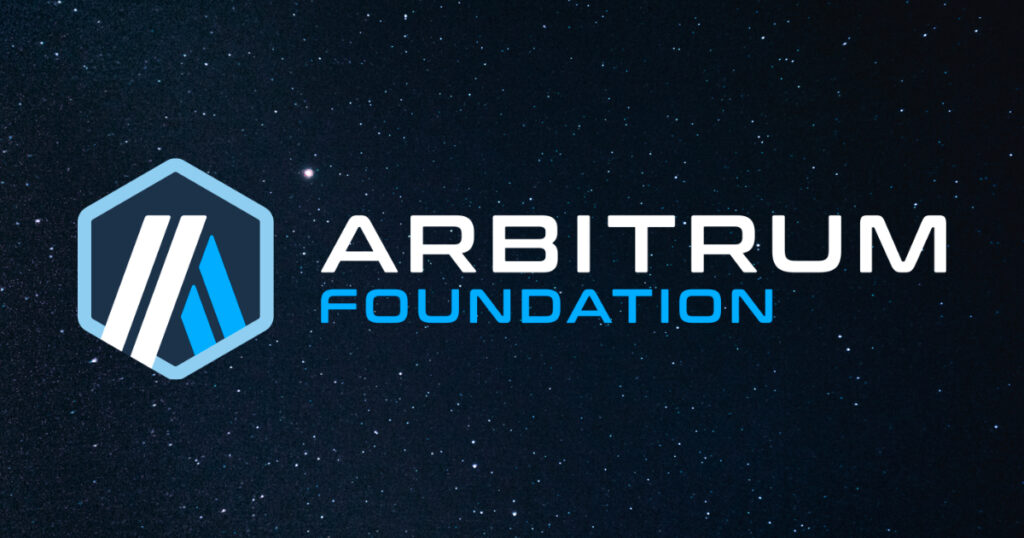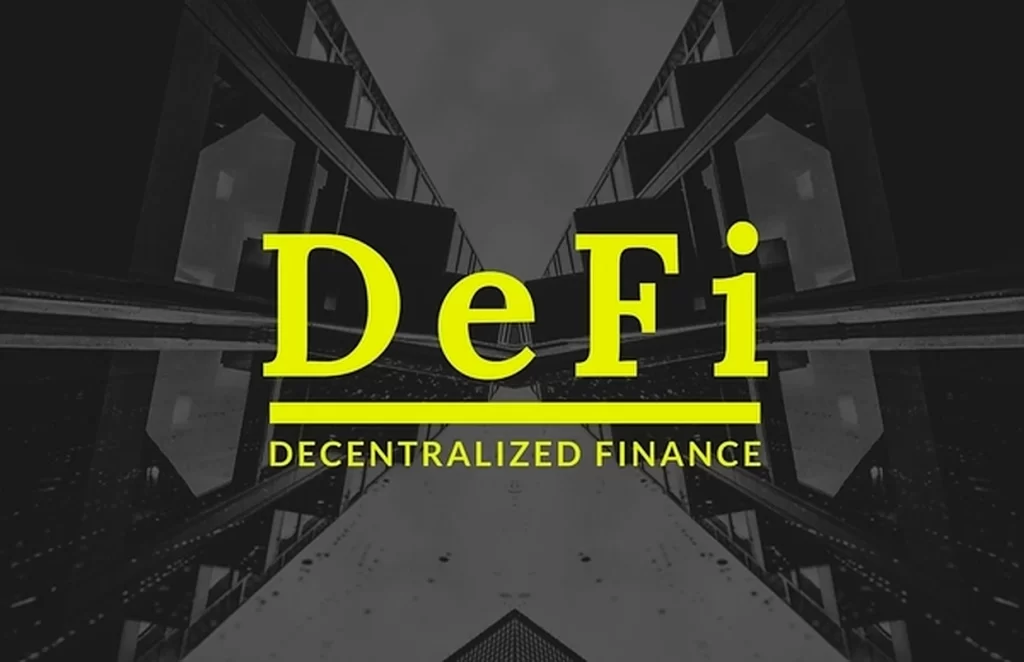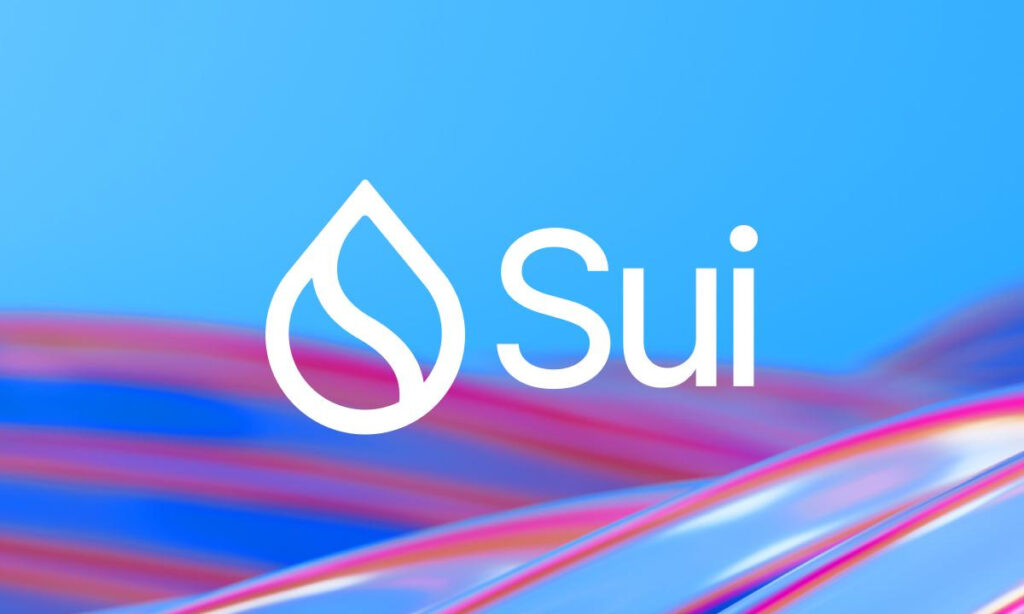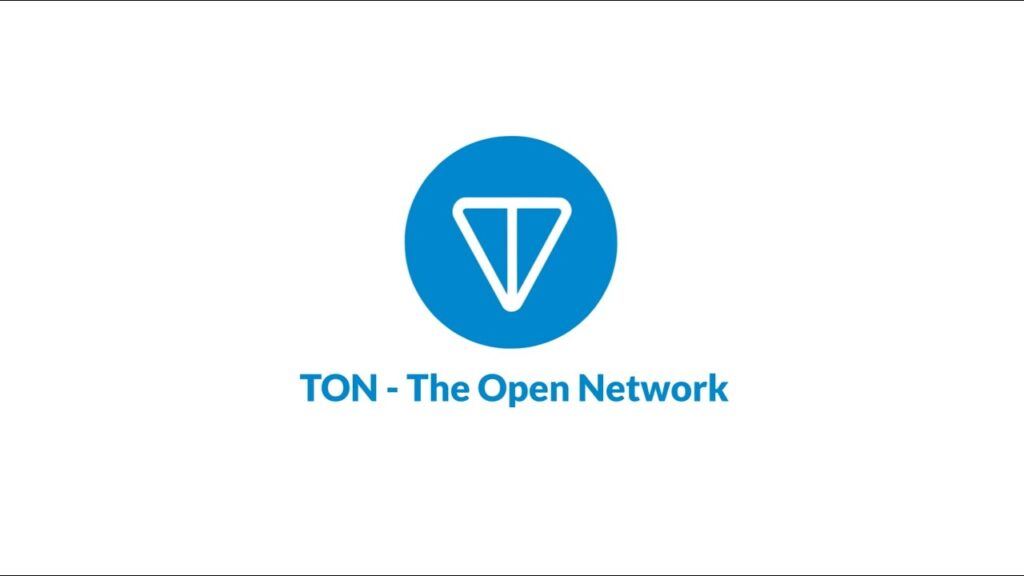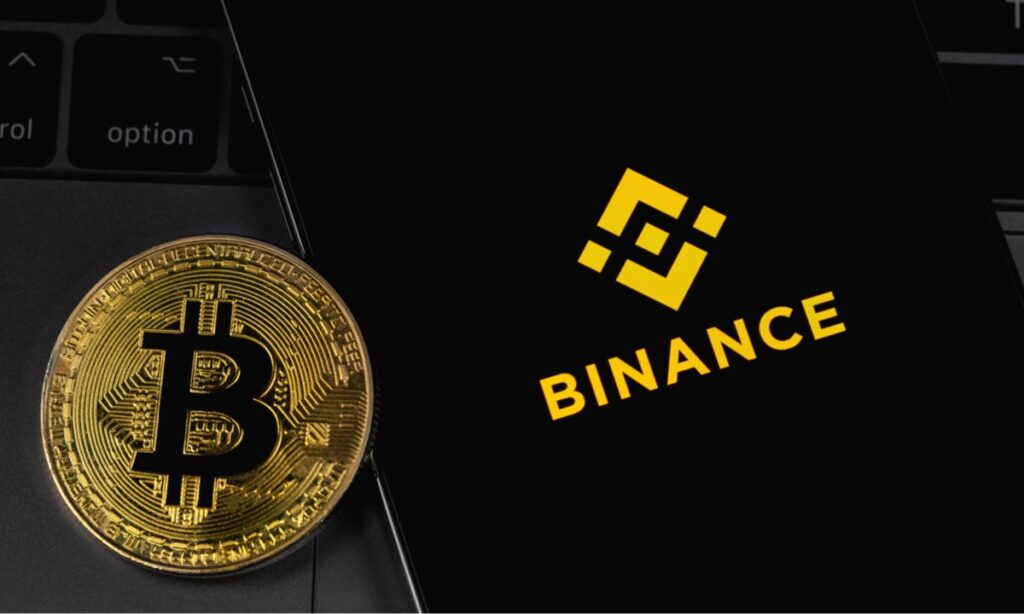The Arbitrum DAO is currently holding a vote on a proposal to allocate significant funds for the legal defense of Tornado Cash developers, Roman Storm and Alexey Pertsev.
This move, initiated by a delegate known as DK on March 7, could see the community donating up to 600,000 ARB tokens, valued around $1.3 million, in its first year to support what is described as a “robust legal defense.”
This fund also aims to cover public relations and advocacy to enhance understanding and support for privacy technologies, as well as the legal challenges developers face in the sector.
The delegate stated, “By rallying support for their legal fund, we aim to safeguard not only the future of privacy-preserving technologies but also the broader principles of innovation, decentralization, and individual sovereignty within our industry.”
The DAO has introduced a three-tiered voting system for this proposal, with funding options ranging from 200,000 to 600,000 ARB tokens.
At this point, over 80% of votes favor the highest funding tier, with voting scheduled to close on March 14.
READ MORE: Tencent Cloud Partners with UAE’s RAK DAO to Boost Startup Growth in Crypto-Focused Economic Zone
Tornado Cash has been embroiled in controversy, accused of facilitating the laundering of over $1 billion in illicit funds, including those linked to North Korean hackers, leading to significant legal and operational challenges, including being placed on U.S. sanctions lists.
This has spurred a debate within the crypto community about the nature of decentralization and the role of developers in potentially facilitating illegal activities.
Advocates for Tornado Cash, however, argue that the platform simply provides decentralized financial services and should not be classified as a money transmitter, drawing on FinCEN guidelines that suggest anonymizing software providers are not money transmitters.
Nonetheless, Storm and Pertsev face severe legal charges in the U.S., including conspiracy to commit money laundering and sanctions violations, with potential prison sentences of up to 20 years for some charges.
This legal support initiative follows the cancellation of a GoFundMe campaign intended to raise legal funds for the developers, which was halted due to terms of service violations, highlighting the complexities and controversies surrounding the use of privacy-preserving technologies within the blockchain and cryptocurrency domains.
Lava, a novel decentralized lending market platform, made its debut on March 7, introducing a solution aimed at revolutionizing the decentralized finance (DeFi) landscape.
The platform promises to address the challenge of impermanent loss, a significant obstacle for liquidity providers on decentralized exchanges.
By leveraging its infrastructure, Lava intends to enhance automated market makers (AMMs) liquidity positions, thereby mitigating impermanent loss and boosting liquidity efficiency across diverse blockchain networks.
The issue of impermanent loss has been a persistent concern within the DeFi sector, deterring institutional investors and hindering market efficiency.
John Lo, managing partner of digital assets at Recharge Capital, underscored the significance of this problem, stating, “This is not only a major pain point for users, but also an issue that has caused a regression toward traditional architecture and one that prevents efficient markets on-chain.”
Impermanent loss occurs when the value of a token fluctuates after being deposited into an AMM as part of yield farming, a process different from staking, aimed at earning rewards through token lending.
Lava’s innovative approach is set to open up new possibilities for DeFi by promoting a more democratic form of market making that competes with centralized counterparts.
According to Lo, “Alternative market makers already provide various benefits over traditional architecture, and Lava completes, if not unifies these benefits.”
READ MORE: Laser Digital Unveils Milestone DeFi Partnership with Pyth Network
The platform’s backing by Recharge Capital signifies a strong endorsement, positioning Lava to enhance liquidity depth in the crypto market and encourage broader participation from liquidity providers.
A distinctive feature of Lava is its focus on combating impermanent loss through a unique mechanism that allows for arbitrage between market maker rates via the collateralization and lending of liquidity positions.
This enables users to navigate between DeFi and centralized finance protocols effortlessly, optimizing yield for passive liquidity providers and contributing to a more efficient market rate determination.
Lava operates on a multichain basis, with initial availability on the Arbitrum and Base blockchains, signaling its commitment to expanding its reach across additional blockchain networks in the future.
This strategic approach underscores Lava’s ambition to pioneer solutions for impermanent loss and foster a more inclusive and efficient DeFi ecosystem.
The Greek stock exchange is exploring the integration of a pioneering tool, the electronic book building (EBB), into the Sui blockchain ecosystem.
This announcement was made public through a blog post by Sui on March 6, revealing a collaborative effort between the Athens Exchange Group (ATHEX) and Mysten Labs, the creators behind Sui.
The proposed EBB by ATHEX represents a significant advancement in fundraising methods, facilitating the listing of transferable securities for both emerging and established companies.
These securities would be hosted on Sui, transformed into digital certificates, thus ensuring robust security, transferability, and a clear custody chain.
The initiative is hailed as a breakthrough, marrying blockchain technology with stock market operations, a union that is deemed a “natural fit” by the developers.
According to the blog, the EBB system will act as a blockchain-based enhancement layer atop ATHEX’s existing trading order routing framework.
This integration aims to inject liquidity into company fundraising efforts by leveraging blockchain’s capabilities.
However, the project’s progression is contingent on successful evaluations and ATHEX’s final decision to adopt blockchain for its new tool.
READ MORE: Binance.US Faces SEC Probe Over Customer Asset Custody, Amid Legal and Regulatory Challenges
The Sui Network, a layer-1 blockchain platform, launched its mainnet in May 2023, focusing on digital asset ownership.
Since its inception, Sui has established itself as a robust ecosystem capable of managing high-volume transactions with minimal fees, evident from the adoption of a novel zkLogin feature.
This innovation simplifies Web3 logins across Sui applications, supporting Google, Facebook, and Twitch credentials for user access.
In a move to bolster blockchain education, the Sui Foundation partnered with the American University of Sharjah in the United Arab Emirates to establish a Blockchain Academy in February 2024.
This initiative aims to heighten student engagement with blockchain technology, enhancing their ability to develop relevant applications and platforms.
Greg Siourounis, the managing director of the Sui Foundation, emphasized the importance of educating the masses on blockchain’s potential and equipping them with necessary tools in an interview with Cointelegraph.
Travala.com, a cryptocurrency-friendly travel agency, is launching a unique Bitcoin cashback program aimed at rewarding its most loyal customers.
This initiative is designed to capitalize on Bitcoin’s (BTC) scarcity, offering an innovative reward for the platform’s Smart Diamond tier members.
This tier is part of the loyalty program operated by the AVA Foundation’s blockchain platform, with the program details shared in an exclusive announcement to Cointelegraph.
Juan Otero, the CEO of Travala.com, emphasized Bitcoin’s enduring presence and its increasing appeal to a broader audience, especially following the approval of the first spot Bitcoin exchange-traded fund.
He stated, “Bitcoin is here to stay, and it’s now becoming more appealing to mainstream audiences, thanks to the recent approval of the first spot Bitcoin exchange-traded fund.”
According to Otero, the Bitcoin cashback rewards not only enhance the attractiveness of using cryptocurrencies for everyday transactions but also ensure that rewards are credited swiftly, within 24 hours after completing a trip.
Travala.com users, especially those eligible for the rewards, enjoy complete freedom in how they utilize their Bitcoin cashback.
READ MORE: Laser Digital Unveils Milestone DeFi Partnership with Pyth Network
This includes paying for various travel services on the platform or transferring their BTC to external wallets, exchanges, or platforms.
Notably, Bitcoin ranks as one of the top three payment methods on Travala.com, with around 9% of the platform’s travel bookings paid in BTC, totaling over $5 million in transactions for flights, hotels, and activities in 2023 alone.
However, the program is exclusive, requiring users to own a Travel Tiger NFT and stake 2,500 AVA tokens for Smart Diamond membership.
With only 1,000 Travel Tiger NFTs available, minted on the Ethereum blockchain and priced at a floor of 2.6 Ether (approximately $9,800), the program offers a limited opportunity for travelers to earn rewards.
Travala advocates for the potential of cryptocurrency-based cashback programs to disrupt traditional Web2-based models.
By leveraging Bitcoin, the platform aims to reduce fees associated with conventional payment methods and mitigate the risk of chargeback fraud.
Otero also sees the Bitcoin rewards initiative as a gateway for introducing newcomers to the Web3 ecosystem, highlighting the AVA Foundation’s role in providing cashback and loyalty rewards, payment discounts, and exclusive access through its native AVA token.
Tencent Cloud, the cloud computing branch of the Chinese conglomerate Tencent, has recently entered into a strategic partnership with the United Arab Emirates’ Ras Al Khaimah Digital Asset Oasis (RAK DAO), a crypto-centric free economic zone.
This collaboration, formalized through a memorandum of understanding (MoU) signed on March 7, aims to foster startup growth within the region through a series of joint initiatives.
The RAK DAO, a special zone in Ras Al Khaimah dedicated to cryptocurrency enterprises and located within one of the UAE’s seven emirates, is set to benefit significantly from this agreement.
The MoU’s initial focus is on supporting startups registered with RAK DAO by leveraging mutual growth opportunities.
As part of this endeavor, a Tencent Cloud training center will be established within the RAK DAO premises to enhance skill development and provide education related to cloud services and digital economy skills.
Moreover, the agreement includes offering internship opportunities for companies and partners licensed with RAK DAO within the Tencent Cloud ecosystem.
Sheikh Saud bin Saqr Al Qasimi, the ruler of Ras Al Khaimah, hailed the signing of the MoU as a landmark achievement for the emirate, highlighting the partnership’s potential to strengthen Ras Al Khaimah’s status as a leading technology hub.
READ MORE: Algorithmic Trading Firms Cause Outages in Major Crypto Exchanges, dydx Executive Reveals
On the other side, Dowson Tong, CEO of Tencent Cloud, emphasized the collaboration’s aim to redefine excellence in the Web3 sector and to create new avenues in the digital economy.
Free-trade zones in the UAE, such as RAK DAO, allow entrepreneurs full ownership of their businesses, operating under unique regulatory and tax frameworks distinct from the mainland laws, barring criminal law.
RAK DAO was inaugurated in 2023 as a dedicated space for virtual asset companies, focusing on Web3 technologies such as the metaverse, blockchain, non-fungible tokens (NFTs), decentralized applications (dApps), and decentralized autonomous organizations (DAOs).
This partnership reflects the UAE free-trade zone’s broader strategy to integrate with the global crypto ecosystem.
In July 2023, RAK DAO further expanded its network by signing an MoU with the HBAR Foundation, aimed at supporting its community members through the adoption of the Hedera blockchain.
The cryptocurrency community was shaken by news of a significant financial loss following a rug pull involving Lena Network’s newly launched Candy (CANDY) token, which saw its value plummet by over 87%.
This drastic drop resulted from the unauthorized transfer of 753 Ether (ETH), equivalent to $2.9 million, to an exchange, marking a stark downfall for the token from its daily high.
Data from Dexscreener revealed that the value of the Candy token nosedived to $0.38, a steep decline from its earlier daily peak of $3.08.
This downturn was triggered when on-chain evidence exposed that the Lena Network deployer’s address had moved 753.11 ETH to an address connected to the OKX exchange on March 6.
This event unfolded mere hours before Lena Network’s declaration of officially relinquishing the token contract’s ownership, leaving the protocol’s response to the incident pending at the time of reporting.
Lena Network had successfully gathered over 850 ETH ($3.2 million) through its initial farm offering for the Candy token, which concluded on March 3.
Despite the promising start, the token’s launch on March 6 was quickly overshadowed by its sharp decrease in value.
READ MORE: Investiva: Pioneering Excellence in CFD Trading with Innovation and Expertise
The incident with Lena Network and Candy token is part of a broader issue plaguing the cryptocurrency sector, characterized by an alarming frequency of rug pulls and hacks.
A report by blockchain security firm Immunefi highlighted that the crypto community has already faced a loss exceeding $200 million due to such malicious activities in 2024 alone, across 32 distinct events.
This figure marks a 15.4% increase from the losses recorded in the first two months of 2023.
Despite a nearly 50% reduction in losses in February compared to January, the persistent threat of cyber theft looms large, with over $1.8 billion lost to crypto hacks and scams in 2023, including significant contributions from the notorious Lazarus Group.
The TON blockchain, integral to Telegram’s burgeoning advertising platform, is rapidly becoming a magnet for Web3 investors eager to leverage its vast monthly audience of 800 million active users.
Mirana Ventures has emerged as the most recent investor in the TON ecosystem, purchasing $8 million worth of the network’s Toncoin.
This funding will support continuous product innovation alongside the TON Foundation, Bybit, and Ethereum’s second-layer solution, Mantle Network.
In March 2024, the Telegram Ad Platform, powered by TON, was officially launched.
It offers global Telegram channel proprietors the chance to monetize through exclusive ad sales and revenue sharing in Toncoin.
Details shared with Cointelegraph reveal Bybit’s deepening engagement with the TON ecosystem over the past year, including a cashback initiative and staking with Toncoin.
These efforts generated over $22 million in trade volume from approximately 130,000 Telegram users. Bybit aims to leverage Telegram’s ad platform to access its massive user base.
Originally developed by Telegram, TON faced a legal hurdle with the U.S. Securities and Exchange Commission in May 2020, leading to Telegram stepping back from the project.
Subsequently, a collective of open-source developers took the reins, culminating in the formation of the TON Foundation by May 2021.
READ MORE: Nigerian Official Clarifies Misquoted $10 Billion Binance Fine Amid Tightening Crypto Regulations
TON Space, Telegram’s self-custodial wallet, enables users to manage Toncoin and collectibles within the app.
With the investment from Mirana Ventures, the TON Foundation is set to bridge Telegram users with the Mantle Network through the integration of TON-based MNT tokens, facilitating access to gamified campaigns and ad services within Telegram.
David Toh of Mirana Ventures emphasized the collaboration’s potential to foster widespread adoption of blockchain and wallet technologies in Telegram, viewing it as central to crypto and Web3 communications.
TON Foundation’s president, Steve Yun, mentioned the keen interest among industry entities to secure an early presence in the TON ecosystem, leveraging its connection to Telegram for strategic advantage.
Adding to the ecosystem’s growth, Animoca Brands has stepped in as a major TON validator through an investment and subsequent staking of Toncoin, though the exact amount remains undisclosed.
Yat Siu of Animoca shared with Cointelegraph the strategic nature of their investment, aimed at reinforcing their stake in the validator setup.
In an exclusive interview with Cointelegraph, Ivo Crnkovic-Rubsamen, the Chief Strategy Officer and Technical Lead for Trading at the dydx exchange, pinpointed algorithmic trading firms as the primary cause of recent disruptions at some of the world’s largest centralized cryptocurrency exchanges.
According to Crnkovic-Rubsamen, the intense retail interest and swift price movements have prompted these firms to significantly amplify their order and cancelation requests to maintain their positions in the market.
“It’s common for a trading firm to 20 times the output of orders and cancels at a very busy time,” he explained.
This surge in activity coincides with notable technical difficulties experienced by leading exchanges such as Binance, Coinbase, Kraken, and Bybit.
These issues emerged shortly after Bitcoin’s price surpassed $60,000 for the first time in more than two years on February 28.
Crnkovic-Rubsamen remarked that such situations are typical in bull markets when there’s a spike in retail interest and substantial price movements.
READ MORE: Bitcoin Withdrawals Surge as Exchanges See Largest Outflows in 5 Years Amid Price Rally
The fallout from these outages included Citron, an investment research firm, recommending a short sale on Coinbase stock, which then saw an 11.36% increase in its value within 24 hours, trading at $229.15 according to Google Finance.
Crnkovic-Rubsamen highlighted a significant difference between centralized exchanges (CEXs) and decentralized exchanges (DEXs), particularly in how they manage trading limits for market makers.
In CEXs, trading limits can be customized based on trust, leading to potential system overloads during bull markets.
This contrasts with DEXs, where trading limits are protocol-defined, eliminating favoritism and ensuring stability regardless of market conditions.
He also touched upon the reliability of centralized exchanges, acknowledging their efficiency and optimization under normal conditions but noting their vulnerability during peak periods.
“Centralized matching engines are awesome at performance, they’re super optimized and efficient, but when they go down, that’s it […] There is a reliability trade-off there,” Crnkovic-Rubsamen concluded, highlighting the inherent stability challenges faced by centralized platforms compared to their decentralized counterparts during times of intense market activity.
The U.S. Securities and Exchange Commission (SEC) has voiced concerns regarding Binance.US’s compliance with inquiries into customer asset custody and other fundamental aspects of an ongoing investigation.
According to a joint status report filed to a Washington, D.C. District Court on March 5, Binance.US, operated by BAM Trading Services, has not satisfactorily responded to SEC requests, particularly about the handling of customer assets.
The SEC requested the court’s assistance to expedite the discovery process, indicating a deadlock with Binance.US over crucial inquiries the company has either avoided or failed to address.
The SEC highlighted Binance.US’s reluctance to fulfill basic discovery obligations, including the provision of document attachments, metadata, and written responses.
A significant area of investigation for the SEC is whether Binance’s non-U.S. branches had access to the U.S. customers’ assets, specifically questioning Binance.US’s control over private keys and other access methods.
READ MORE: Hong Kong’s SFC Cracks Down on Fake Crypto Exchange Websites, Blocks Six Domains
In defense, Binance.US refuted the SEC’s allegations in the joint status report, claiming full compliance with the SEC’s extensive demands for information.
The company argued that the SEC’s accusations regarding customer assets were baseless and asserted that it had exceeded its legal responsibilities by submitting extensive documentation on its asset custody practices, including sworn statements, monthly reports, and facilitating inspections of shared custody devices.
This legal conflict follows the SEC’s lawsuit against Binance, its U.S. division, and founder Changpeng “CZ” Zhao in June of the previous year, accusing them of selling unregistered securities and improperly mixing customer funds with a different company owned by Zhao.
Additionally, on November 21, Binance settled with the U.S. Department of Justice for $4.3 billion over charges of breaching anti-money laundering and anti-terrorism financing laws.
As part of this settlement, Zhao admitted to money laundering offenses and awaits a sentencing hearing on April 3, which could result in up to 18 months of imprisonment.
Gary Gensler, the head of the U.S. Securities and Exchange Commission (SEC), has been vocal about his concerns regarding the cryptocurrency and blockchain industry, indicating a contentious atmosphere between regulatory bodies and the crypto sector in the United States.
This discord is further amplified by some U.S. lawmakers who oppose Gensler’s stance, challenging the SEC’s approach to regulating crypto assets.
This disparity within the government has created an uncertain environment for crypto projects based in the U.S., largely due to the ambiguous and fluctuating criteria used by the SEC to determine what constitutes a security, primarily relying on the outdated Howey test.
The heart of the issue lies in the mechanism of law creation in the U.S., which differs significantly from that in other countries, leaving the cryptocurrency industry in a precarious position.
Two Supreme Court cases, Loper vs. Raimondo and Relentless, Inc. vs the U.S. Dept of Commerce, are poised to potentially redefine federal agencies’ discretion in interpreting laws, a change that could significantly impact the crypto industry’s regulatory landscape.
At the center of this debate is the principle of Chevron deference, established by the 1984 Chevron vs. Natural Resources Defense Council case.
This legal doctrine allows federal agencies considerable leeway in interpreting laws, provided their interpretation is reasonable and Congress has not explicitly legislated on the matter.
Critics argue this deference has allowed agencies like the SEC to overextend their regulatory reach, especially in rapidly evolving sectors like cryptocurrency.
Coinbase CEO Brian Armstrong has been vocal about the detrimental effects of vague regulations on the crypto industry, pushing for clearer legislation.
The ongoing discussion around the Chevron deference and its potential recalibration by the Supreme Court could empower the public and their elected representatives to demand more precise laws governing digital assets.
The Supreme Court’s decision in the cases of Loper vs.
READ MORE: Bitcoin Surges to Record Highs Against the Euro and Multiple Currencies
Raimondo and Relentless, Inc. vs the U.S. Dept of Commerce could narrow the SEC’s interpretative authority, possibly aligning the regulation of cryptocurrencies more closely with Congressional intent.
Attorney Jeremy Hogan, known for his coverage of the Ripple vs. SEC case, highlights the significance of these cases for the crypto industry, suggesting that a ruling against Chevron deference could positively influence major litigation involving digital assets and the SEC.
However, Hogan also notes that the direct impact on the crypto industry might be limited since the SEC primarily relies on the Howey test for regulatory authority over digital assets.
Nonetheless, any mention of cryptocurrencies in the Supreme Court’s ruling could bolster arguments against the SEC’s regulatory overreach.
As the crypto industry continues to evolve, it’s increasingly intersecting with broader regulatory concerns, emphasizing the importance of vigilant and proactive engagement with legal developments.
This dynamic underscores the critical role of legal interpretations and the potential for future cases to shape the regulatory landscape for cryptocurrencies in the U.S.



